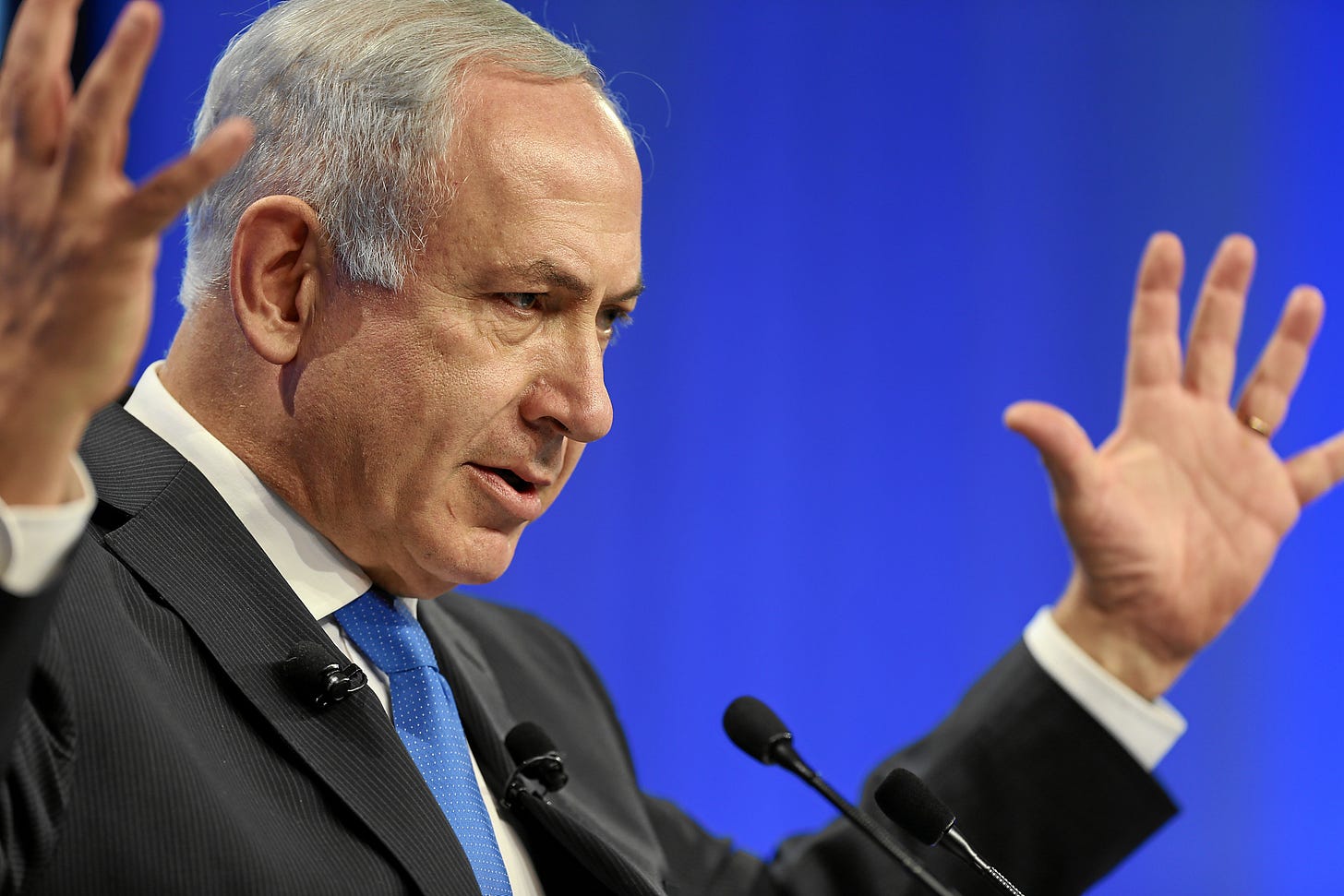Benjamin Netanyahu: The World’s Most Successful Terrorist
The most succesful terrorists always wear a suit.
Terrorism is defined, in its most basic form, as the use of violence or the threat of violence against civilians to achieve political goals. It is often associated with stateless groups, shadowy cells, and covert operatives. But when applied consistently, that definition does not stop at non-state actors. By that standard, Benjamin Netanyahu, Israel’s l…
Keep reading with a 7-day free trial
Subscribe to The Crustian Daily to keep reading this post and get 7 days of free access to the full post archives.



